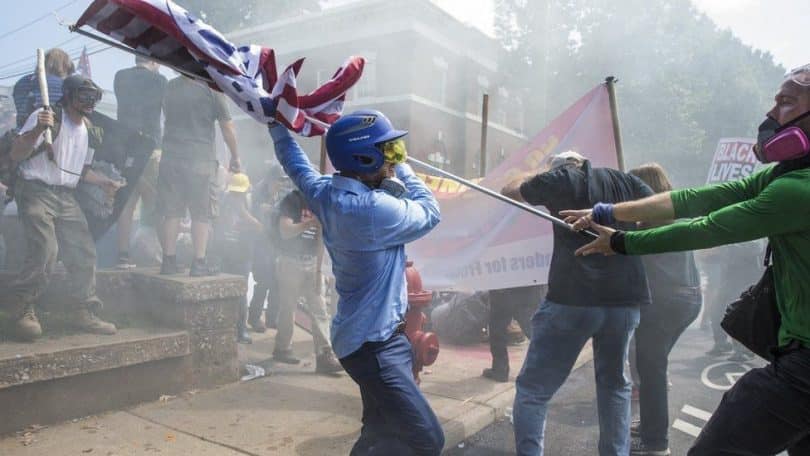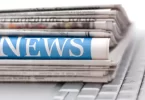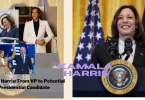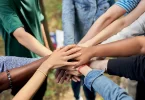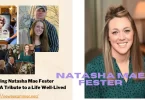On 12 August, the small, serene city of Charlottesville, Virginia will mark the anniversary of a deadly white nationalist rally that shocked the nation.
The violence that day cost the life of a young counter-protester and scarred Charlottesville. An official report condemned city officials for failing to adequately prepare and police for standing by as confrontation turned to chaos.
In the year since, some residents have attempted to reckon with the legacy of that weekend and the racial inequality that persists in the city. Others have sought to consign the violence of last summer to the past, in an effort to restore to Charlottesville a lost reputation as a peaceful, progressive place – 2014’s official Happiest City in America.
Here, in their own words, some of those closest to the events of that weekend tell the story of what happened, why it happened, and what it meant to a city and a nation. You may find some language offensive.

PROLOGUE: ‘WE KNEW WE WERE IN FOR A BAD DAY’
Ryan Kelly, photographer, Charlottesville Daily Progress It’s important to understand that this didn’t happen in a vacuum, it didn’t just pop up and surprise everybody. It felt over the course of the summer that things were building up in Charlottesville.
Brennan Gilmore, Charlottesville resident People hadn’t quite understood the level of violence or hatred or the numbers of people coming to town, but the town was very much aware. It was like a hurricane was coming.
Jalane Schmidt, University of Virginia professor, Black Lives Matter activist The propaganda that the alt-right had put out was martial in its imagery. It was a march on Charlottesville. It was very militaristic. We felt like we were going to be under siege.
Dr Michael Williams, surgeon, UVA hospital We got a plan in place in anticipation, but I got a fair amount of push-back from my colleagues in surgery. They said “This is going to be a big nothing.”
Seth Wispelwey, local minister It felt to me like a profound test. But there was no question about where I belonged and what I wanted to do.
Brenda Brown-Grooms, local minister We’d been monitoring the social media posts of the alt-right and they were detailing their hopes for the weekend, hopes for inciting a race war in the country, so we knew it was going to be dire.
Jalane Schmidt The crazy thing is we tried to warn the city. We had infiltrated chat rooms, taken screenshots. We made six dossiers, presented them to police, the city council, anyone who would listen. We said, “This is not a First Amendment rally. They are literally coming to kill us.”
Emily Gorcenski, local activist There were explicit calls for violence there. We presented them to the city in the hope they would shut the rally down before it began.
Rev Brenda Brown-Grooms The information we gave them fell on deaf ears.
Emily Gorcenski When that failed, we knew we were in for a bad day.

